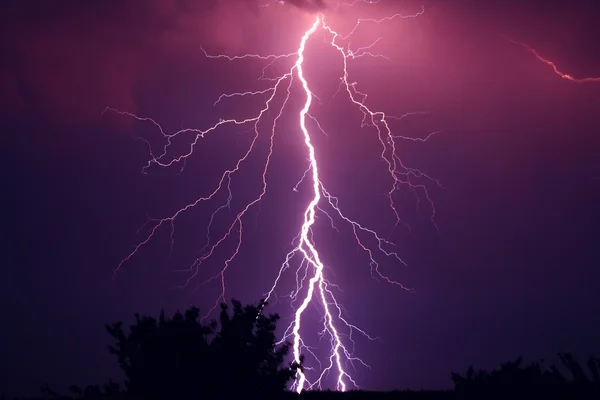
For months the government’s message to its citizens was, ‘Stay At
Home, Save Lives, Protect the NHS’. Now that lockdown measures are easing
ministers would like us to venture out a bit more. Workers should leave the
comforts of home and get back to the office, otherwise sandwich shops will go
bust. Then there was the ‘Eat Out to Help Out’ initiative, counterbalanced by a
campaign to encourage people to take more exercise. Air corridors were opened
to favourite holiday spots, only for them to close again, forcing Brits
returning from Spain and France to quarantine for two weeks.
After months of being told what to do during lockdown we are now being
asked to weigh up the risks for ourselves and get on with life as best we can.
Of course, it would be wrong to be foolhardy. Social distancing and good hand
hygiene should be maintained, but living life to the full involves taking
risks. Sadly, we know that not everyone who gets married ‘lives happily ever
after’, yet many of us nevertheless risked all for love, pledging to stick by
our wife or husband, ‘for better for worse, for richer, for poorer’. And we’re
glad we did.
A playing it safe, risk-free life would be rather dull. One thing that
enables us to take risks is hope. Holiday makers hoped their trip to the south
of France would be worth the inconvenience of possibly having to quarantine.
The Christian faith is big on risk-defying hope in the light of the death and
resurrection of Jesus. The first Christian missionaries to the New Hebrides
were killed and eaten by cannibals only minutes after they reached land. That
was in 1839. Almost ten years later John G. Paton and his wife set sail for the
same islands with the intention of sharing the good news of Jesus with the
inhabitants.
A friend tried to warn Paton against such a risky undertaking, “You
will be eaten by cannibals!” The missionary would not be put off, replying, “Mr. Dickson, you are
advanced in years now, and your own prospect is soon to be laid in the grave,
there to be eaten by worms; I confess to you, that if I can but live and die
serving and honouring the Lord Jesus, it will make no difference to me whether
I am eaten by cannibals or by worms.”
Paton wasn’t eaten by cannibals. His
mission was a success and he lived to a good old age. The preacher’s unwavering
hope in Jesus enabled him to take a huge risk that paid off. We may not be
called to such a dangerous mission, but with hope in our hearts we can defy fear and face the
risky business that is life in a world stricken by coronavirus.
*For News & Views, West Lavington parish magazine
1 comment:
A beautiful (and funny) post at a moment when hope is very much needed! Perhaps linked to this subject, there's the need to keep a balance between caring for human beings in lockdown, and a compassionate outlook VS 'health' at all costs. A conversation definitely worth exploring.
Post a Comment